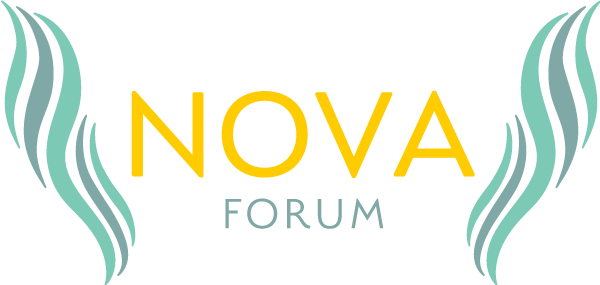
Beauty is the last thing which the intellect dares to approach. Whoever sneers at her name can no longer pray and soon will no longer be able to love.
— Hans Urs von Balthasar, The Glory of the Lord
Beauty catches us by surprise and stops us in our tracks, whether a beautiful face, a beautiful cause, or a beautiful song.
Great beauty shocks us out of habit and routine and calls us to change our life. Whenever we feel the tug of desire, some beauty or another pulls us toward it, whether real or imagined. But discerning whether that desire is in fact good, and that beauty true, takes the skills of human excellence called virtues. Beauty has tremendous power to fuel our passions, transform our perceptions, and reorient our priorities, but this doesn’t happen automatically or easily. To experience beauty in all its splendor, we need the patience to discover it, the will to embrace it, the discipline to cultivate it. To live up to beauty, we have to live well.
What does it mean to flourish as a human being?
What basic capacities—virtues—do we need to be good humans? Can we hold on to truth and goodness without beauty? Can art teach us about God? Why does beauty bring pleasure, and what does pleasure have to do with excellence? Is gazing, or listening, or reading a spiritual activity? What are our aesthetic habits? Is prayer an art of attention? What does creativity teach us about being creatures? Is Christian liturgy a work of art? As Dostoevsky asked: Can Beauty save the world?
For over a thousand years, Christianity held together Truth, Goodness, and Beauty—the three “transcendentals” of Greek antiquity.
When modernity set in, the three cords came unraveled. Truth became propositions; Goodness devolved into duties and rules. Beauty was separated off into aesthetic experiences in the new domain of fine art. The ancient Christian belief—God is Beauty itself—was never more precarious. At the end of the Middle Ages, the theologians entrusted God’s beauty to poets and artists for safe keeping. Now, at the end of modernity, the God of the philosophers and the God of the moralists have lost credibility for many people. Today we can return to the poets and the artists, reclaim divine beauty, and find in art a new stimulus to virtue.
This year our Seminar will explore the connections between various arts and the virtues, but with a special focus on poetry.
The poetic arts have a long history in Christian traditions—from Mary’s Magnificat to psalms, chant, and lectio divina. The beauty of words sharpens our senses and renews our ability to listen. Poetry invites us to attend closely to reality, an attention that is the beginning of prayer. Poems are enjoyed for their own sake, a feast in miniature. And for Christian poets, rendering the world with words points toward the Word made flesh. This year we will learn from two of the greatest Christian poets, Dante Alighieri (1265-1321) and T. S. Eliot (1888-1965), as well as modern Catholic voices like Charles Péguy, Simone Weil, Josef Pieper, and Charles Taylor.
This series is made possible by the support of the Grant “In Lumine: Supporting the Catholic Intellectual Tradition on Campuses Nationwide” from the John Templeton Foundation, Grant #62372.
Register for the next Seminar soon!





